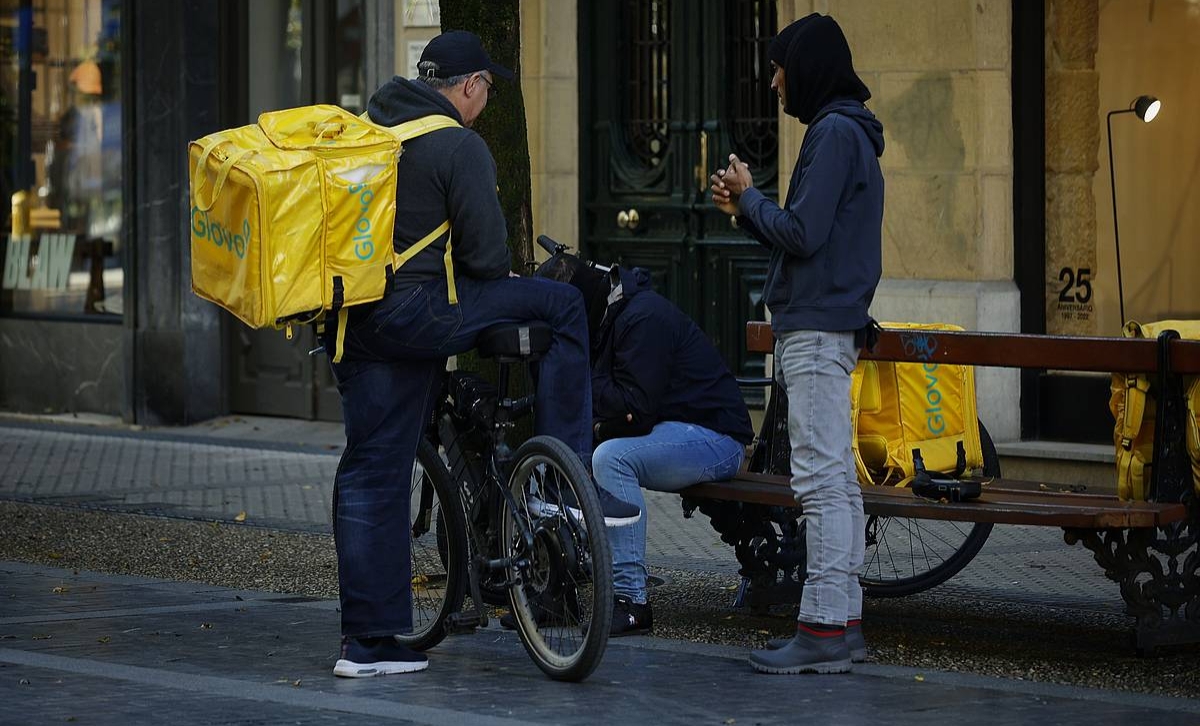
- Social Security requires Glovo to pay workers' contributions between 2018 and 2020, before the Rider Act is passed in 2020. Despite the fact that the defendant also has workers, he only asks the company for compensation.

The trial in Donostia-San Sebastian will start on 9 December with the complaint lodged by the General Treasury of Social Security against 168 distributors who worked as self-employed for Glovo and the distribution company. On 24 April, it adopted the 4th Division of Labour. The Court has asked that the alleged non-payment of social security contributions be judged, since the rider has legal status as an employee.
The trial will be held at 9:15 a.m. in room 13 of the courts, a space allowed to welcome all the parties involved. Some of the distributors will be replaced by the LAB trade union, as they do not have to go to court personally.
The Treasury is represented by Santiago de Miguel Gimeno, head of the Impugnations Unit of Gipuzkoa, who has accused Glovo of rejecting the requirements of the 2020 Rider Law. According to an affected dealer consulted by El Diario Vasco, after the approval of the law, Glovo modified working conditions, eliminating fixed hours and adjusting the rates according to the timeslot.
It is the responsibility of the company “the failure to comply with current regulations”
The Distributor comments that, in exchange for changes, the distributors continued to pay the fees as self-employed, including IRPF and VAT. However, he stressed that it is the responsibility of the company “to breach the current regulations”. The worker has stated that he had to work between eight and ten hours a day to obtain a monthly gross income of about EUR 2,000, for six days a week. With the exception of taxes and other expenses, the net wage was around EUR 1,200, and was not entitled to work, such as unemployment, for example.
The judicial process has suspended the administrative procedure started in 2020. If the treasury wins, the rider may recover his rights retroactively, as has happened in other territories in similar cases. For those affected, it is "the victims of a system that placed them as legal guardians", although "there is a physical proof that Glovo did not comply with the law".